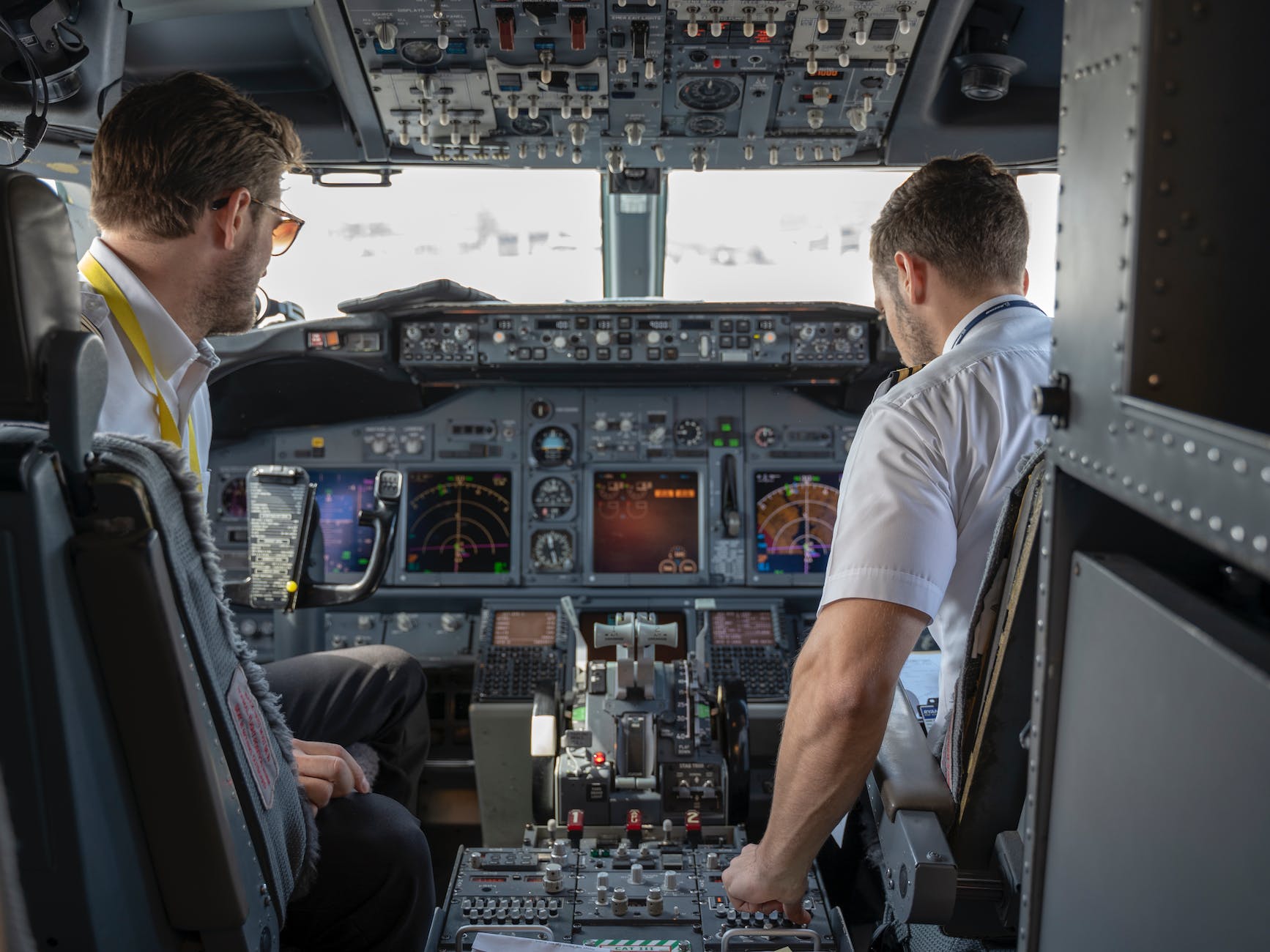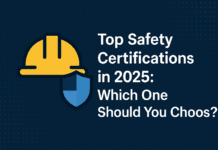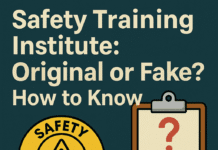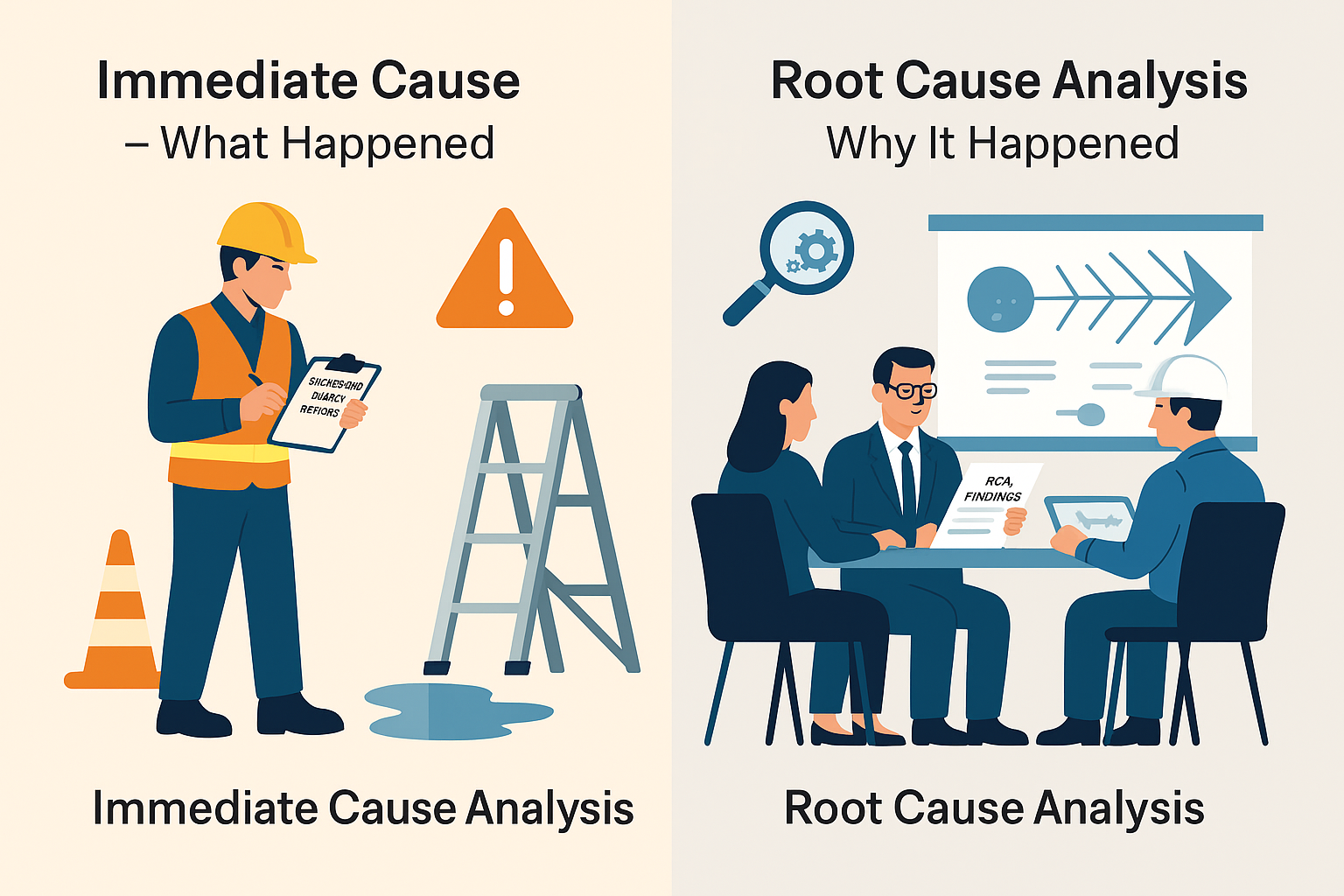
Aviation Safety Certification from NQA: Ensuring Sky-High Standards
Introduction
Aviation Safety Certification from NQA : In an industry where safety is paramount, aviation safety certification plays a pivotal role in maintaining the highest standards of security and reliability. NQA, a globally recognized certification body, has emerged as a key player in providing aviation safety certifications. In this article, we’ll explore the significance of aviation safety certification, the role of NQA in this field, and why it matters to both aviation professionals and passengers.
Understanding Aviation Safety Certification
What is Aviation Safety Certification?
Aviation safety certification is the process through which aircraft, components, and aviation-related services are evaluated and authorized to meet specific safety and quality standards. These standards are established by aviation regulatory authorities, such as the Federal Aviation Administration (FAA) in the United States.
Importance of Aviation Safety Certification
- Ensuring Passenger Safety: The primary objective of aviation safety certification is to safeguard passengers and crew members by ensuring that aircraft and related services meet rigorous safety standards.
- Global Compliance: Certification ensures that aviation entities adhere to international safety regulations, facilitating global operations.
- Risk Mitigation: It helps in identifying and mitigating potential risks associated with aviation operations.
NQA: A Trusted Name in Aviation Safety Certification
Who is NQA?
NQA, or the National Quality Assurance, is a leading certification body with a global presence. They specialize in offering certification services across various industries, including aviation.
NQA’s Role in Aviation Safety Certification
- Comprehensive Audits: NQA conducts thorough audits to assess an organization’s compliance with aviation safety standards, covering areas like maintenance, training, and operational procedures.
- Tailored Solutions: They provide customized certification solutions to meet the unique needs of aviation organizations, be it airlines, maintenance organizations, or aviation training centers.
- Continuous Improvement: NQA doesn’t stop at certification; they encourage continuous improvement through their assessments, fostering a culture of safety excellence.
Why Choose NQA for Aviation Safety Certification?
- Proven Expertise: NQA has a track record of excellence in aviation safety certification, with experienced auditors who understand the intricacies of the industry.
- Global Recognition: Their certifications are globally recognized, opening doors for aviation organizations to expand their operations internationally.
- Cost-Effective: NQA’s certification services are cost-effective, ensuring that safety doesn’t come at a prohibitive price.
Conclusion
Aviation safety certification from NQA is more than just a seal of approval; it’s a commitment to ensuring that the aviation industry maintains the highest safety standards. With their expertise, global recognition, and dedication to continuous improvement, NQA is a trusted partner for aviation organizations worldwide.
How to do NCSO Certification Online: A Step-by-Step Guide
National Construction Safety Officer Program (NCSO)
Construction Safety Officer Course Details: Including Fees, Duration, Eligibility, How To Apply
FAQs
- Is aviation safety certification mandatory? Aviation safety certification is mandatory to ensure compliance with safety standards and regulations. It is essential for the safety of passengers and aviation professionals.
- How long does the certification process take with NQA? The duration of the certification process varies depending on the size and complexity of the organization. NQA provides tailored timelines for each client.
- Can NQA help with regulatory compliance outside the United States? Yes, NQA’s certifications are recognized internationally, helping aviation organizations meet compliance requirements worldwide.
- What are the common areas assessed during an aviation safety audit? An aviation safety audit typically covers areas such as aircraft maintenance, crew training, operational procedures, and emergency response protocols.
























